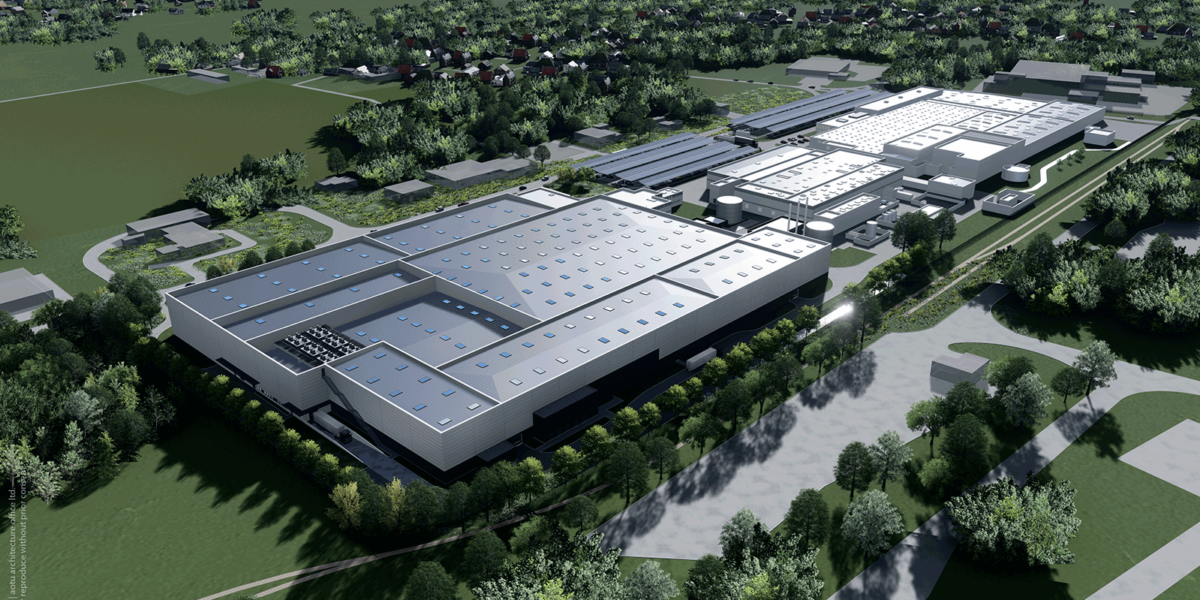Materials firm Umicore has signed a long-term, strategic-supply agreement for lithium-ion battery cathode materials with European gigafactory developer Automotive Cells Company (ACC).
Umicore will supply ACC’s planned gigafactories in France, Germany and Italy with high nickel cathode materials from its plant in Nysa, Poland.
ACC is a joint company between Stellantis, Mercedes-Benz and TotalEnergies (together with its subsidiary Saft).
The long-term agreement will start with an annual offtake commitment of 13GWh to an unnamed European car manufacturer, with first commercial volumes expected in early 2024.
The firms have said they may develop the partnership to at least 46GWh a year by 2030.
This agreement is a major milestone for Umicore’s Rechargeable Battery Materials business and complements Umicore’s recent agreement with ACC on battery recycling, whereby Umicore will recycle the battery production waste at ACC’s testing facilities in France.
By 2030, ACC‘s plan to produce at least 40GWh per year— against the 24GWh initially planned— at its French (Billy-Berclau/Douvrin) and German (Kaiserslautern) plants.
A Memorandum of Understanding between ACC and the Italian authorities was signed on 21 March to formalise ACC’s shareholders and the Italian authorities to support investment for a gigafactory in Termoli, Italy.
Building Europe’s battery supply
In March, ACC inaugurated its Industrial Center of Excellence as it prepares to build the first “made-in-France” electric vehicle lithium-ion batteries by 2023.
The Centre of Industrial Excellence of Nersac in France is a complete production line with equipment identical to that set to be used in the firms’ planned gigafactories.
The facility will deliver prototype batteries, and allow ACC to test all its product and process innovations at scale before their industrial implementation in the gigafactories.
March also saw Stellantis and TotalEnergies/Saft agree to allow vehicle OEM Mercedes-Benz to become a partner of ACC.
ACC welcomed Mercedes-Benz as an equal partner in its bid to build at least 120GWh of European lithium-ion battery manufacturing capacity by 2030.












